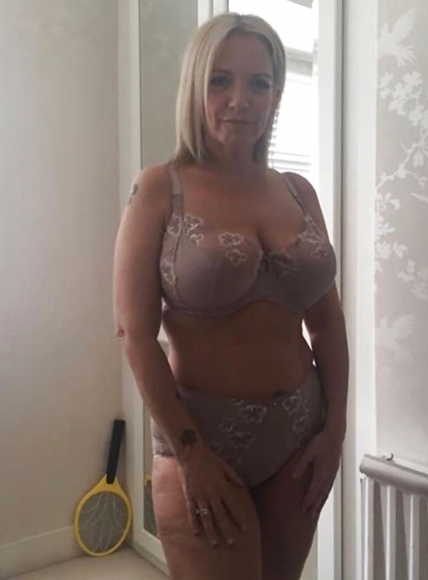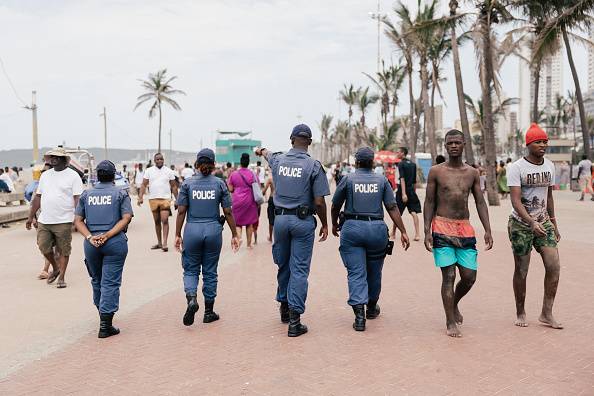Moscow: As the ongoing war in Ukraine continues for over two years and conflict with the US and West rages on, Russia will go to the polls on Friday, with President Vladimir Putin most certain to return for a fifth term in power.
According to Al Jazeera, the presidential election has an all-but-certain outcome and incumbent Putin is widely predicted to win a fifth term.
The voters will cast their ballots over three days from March 15-17, though early and postal voting has already begun, including in parts of Ukraine, which are now under Russian control amid the ongoing conflict.
A second round of voting would take place three weeks after this weekend if no candidate gets more than half the vote.
Notably, Russians are electing the position of president only; the next legislative elections, which form the makeup of the Duma, are scheduled for 2026.
If re-elected, Putin will stay in power till at least 2030, with another potential term in hand paved by the 2021 constitutional amendment that allowed him to run for two more presidential terms, potentially extending his rule until 2036.
Putin, who also served as the Prime Minister of Russia from 2008 to 2012, in addition to his terms as President from 2000-08 and 2012-24, would become the longest-reigning Russian leader since Joseph Stalin.
Russia’s Central Election Commission (CEC) approved only three candidates to oppose Putin: Leonid Slutsky of the ultranationalist Liberal Democratic Party of Russia (LDPR), Vladislav Davankov of the centre-right New People, and Nikolai Kharitonov of the Communist Party.
Notably, two prominent ‘anti-war’ candidates were barred from running. Yekaterina Duntsova was rejected by the CEC for alleged errors in her registration documents. Boris Nadezhdin later submitted the 1,00,000 signatures required to oppose Putin, before the CEC in February deemed only 95,587 of these to be legitimate, CNN reported.
Al Jazeera cited a report by Levada Center, a non-governmental polling organization, which stated that Putin’s approval rating stands at over 86 per cent, which has further risen amid the ongoing conflict with Ukraine.
“I’m voting for Putin because I trust him,” 69-year-old Tatyana, from Moscow, told Al Jazeera.
“He is very educated and sees the world globally, unlike the leaders of other countries. I support the direction of development of our country under the leadership of Vladimir Vladimirovich [Putin] because we see no other way. Once upon a time, I don’t remember when, I voted for [Boris] Yeltsin.”
Although the reliability of such data in Russia is questioned, it is undeniable that Putin enjoys widespread support as a leader.
But at the same time, the allegations of vote rigging and careful vetting of candidates has steered disappointment, with many voters planning to protest against the polling.
“Do I vote? Hell no,” 33-year-old Viktor from St Petersburg told Al Jazeera. “It’s not like a hard stance, I just don’t bother. The thing with Russian political thinking, if you’re against Putin, is that it’s heavily infected with moralism. Like you must vote, just because you don’t have any other ways to express your indignation.”
Also, the presidential elections come shortly after the death of Putin’s most formidable opponent and Kremlin critic, Alexei Navalny, who died in an Arctic penal colony while serving around 30-year sentence
The election also comes shortly after the death of Alexey Navalny, Putin’s most formidable opponent, in an Arctic penal colony in February, CNN reported.
The Kremlin denied any involvement in his death, even though Navalny’s family alleged that he was poisoned. Navalny had previously been poisoned with the Soviet-era nerve agent Novichok.
Thousands of Navalny supporters gathered in Moscow for Navalny’s funeral despite heavy police presence and the threat of arrest. Crowds were heard chanting his name and shouting “Putin is a killer” and “No to war.”
This report is auto-generated from a syndicated feed





















Discussion about this post